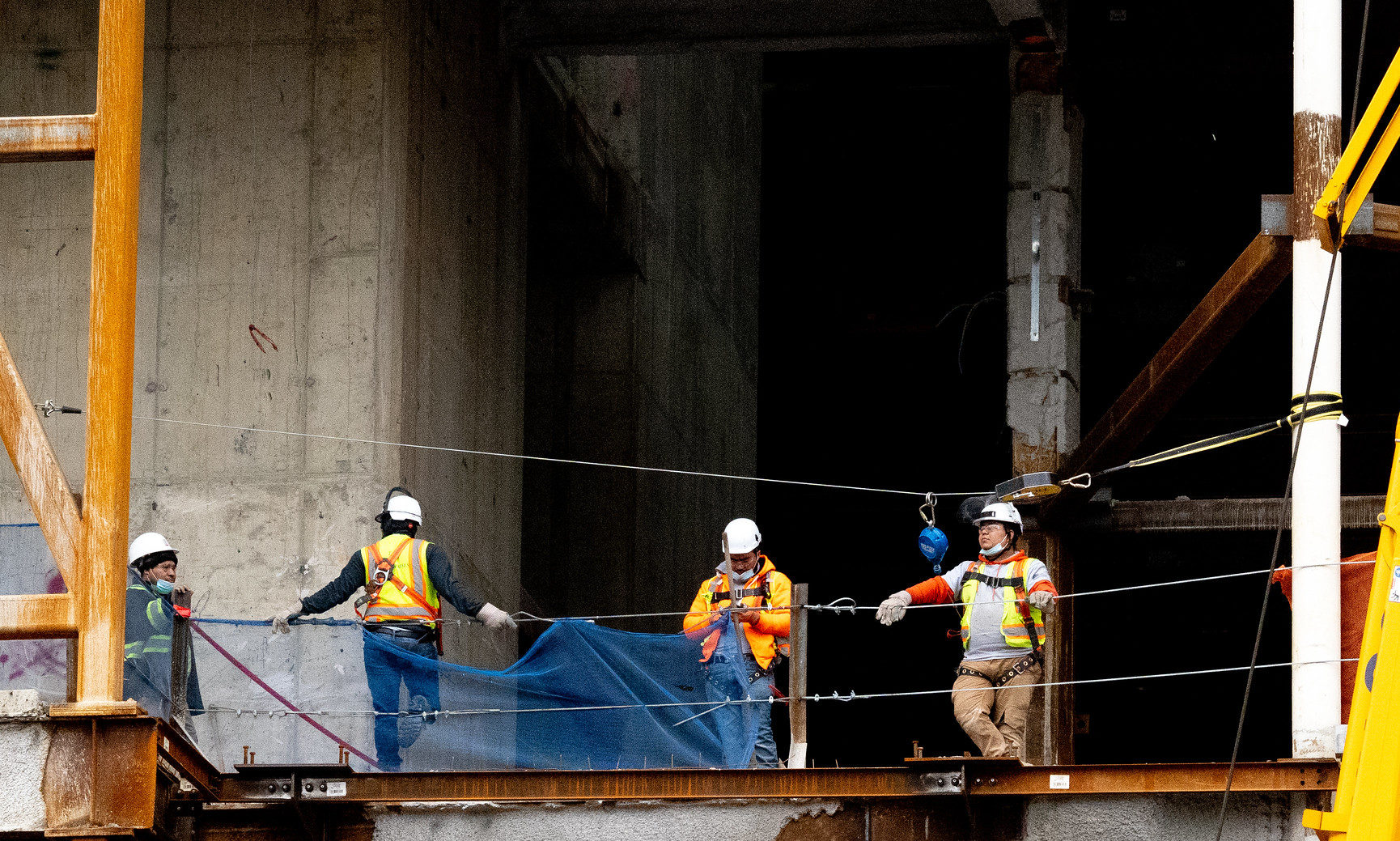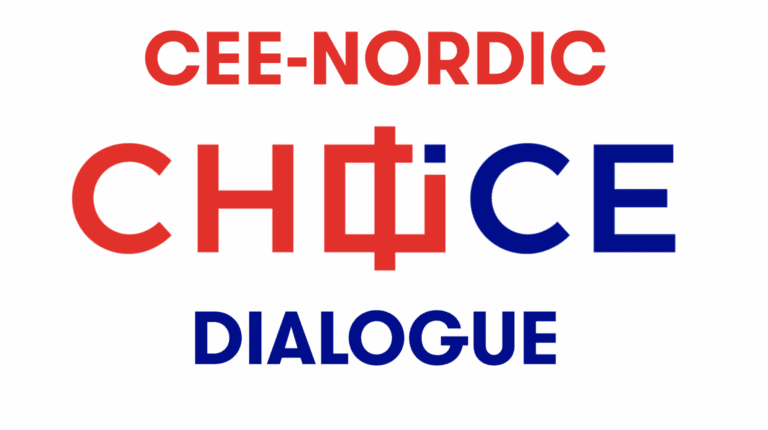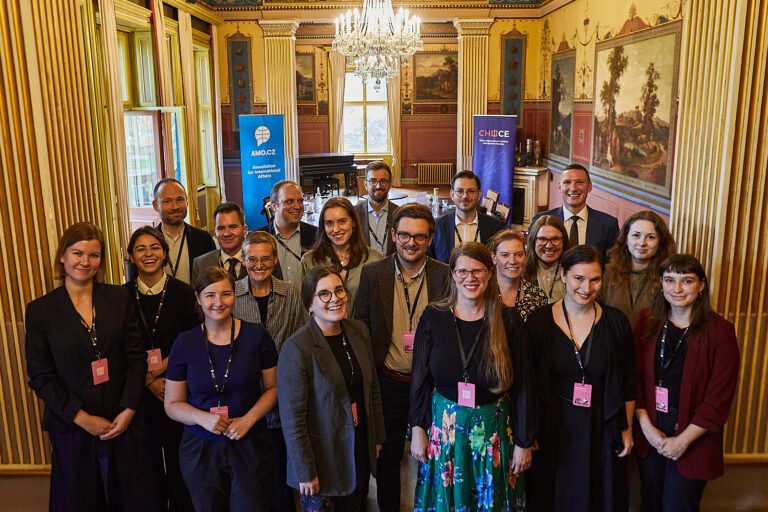Expert Roundtable: China’s Development Assistance to the Western Balkans

The Western Balkan countries’ path to EU integration may be hindered by the activities of non-European actors, especially China, eager to exert their influence in the region. As numerous CHOICE research papers and articles examining China’s footprint in this region suggest, China’s activities may contribute to undermining democratic processes, growth of corruption, or degradation of environmental standards, and good governance practices.
China Observers in Central Europe (CHOICE) and ESTIMA – The Knowledge Brand based in Northern Macedonia organized a joint online event, bringing together expert voices from across Central and Eastern Europe, especially the Western Balkan countries.
The discussion revolved around the findings of the recent CHOICE paper “China’s Aid in the Western Balkans: Supporting Development, Undermining Good Governance” authored by Ana Krstinovska, Founder and President of ESTIMA – The Knowledge Brand, which examines in detail China’s development assistance to all Western Balkan countries.
As the findings of the paper demonstrate, China’s activities in the region clearly differ in the respective countries. Among them, Serbia stands out as having rather privileged relations with China, which also translates into intensive cooperation in development assistance. In fact, the case of Serbia shows the extent to which the level of political relations determines the level of economic cooperation. At the same time, some of the other nations in the region, such as Albania, have been much less enthusiastic in their cooperation with China, and Beijing is not seen as a key donor.
As highlighted in the discussion involving local stakeholders, China is seen as a very flexible partner, capable of quickly reacting to the recipient country’s requirements and moving swiftly towards the implementation of projects, especially when compared to other donors in the region. While this often leads to poorly and inadequately designed projects, recipient countries often prioritize other factors to the detriment of project quality.
Crucially, China’s development assistance is often perceived as coming without conditionality, eschewing the notion of subordination. Nevertheless, many loan agreements and grants offered by China do contain provisions that may enable China to exert its influence in case of a dispute. While the notion of China’s debt-trap diplomacy may need to be revisited as China has proved to be a rather lenient partner, capable of adjusting the agreements and providing debt relief, China seems more likely to link its offer with political conditions and use the asymmetric relationship to intensify pressure on the country in case of any diplomatic disagreements.
The participants noted the need for more coordination among the Western Balkan countries’ authorities, creating a platform for sharing lessons learned and pushing for higher standards of development assistance and alignment with the EU acquis and OECD Development Assistance Committee (DAC) best practices. Still, the major responsibility lies with the national authorities themselves, who need to bolster adherence to existing regulations and standards. As the Chinese actors have so far not exhibited a willingness to adapt their practices, pressure on the side of the recipient governments is necessary.
Based on this roundtable, CHOICE and our expanding network of analysts will continue the research and advocacy work on this important issue that deserves attention not just in the region itself, but also in Brussels which needs to offer a credible pathway to accession to the countries in the region.
Written by
CHOICE
CHOICE is a multinational consortium of experts providing informed analysis on the rising influence of the People’s Republic of China within the countries of Central and Eastern Europe (CEE).


